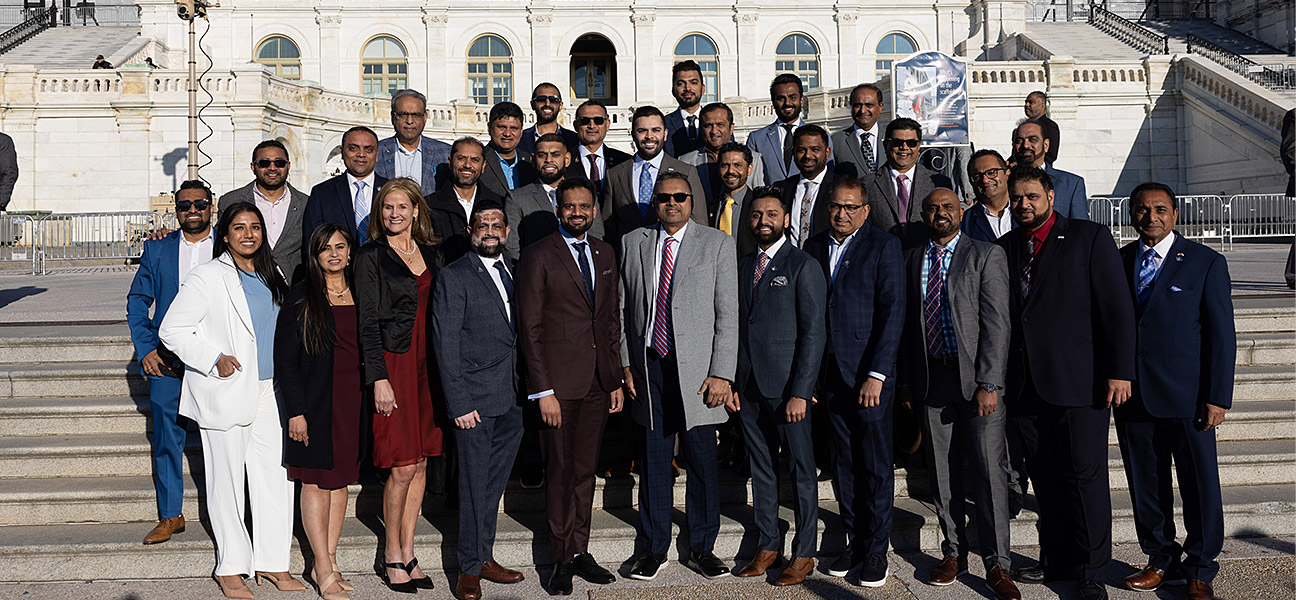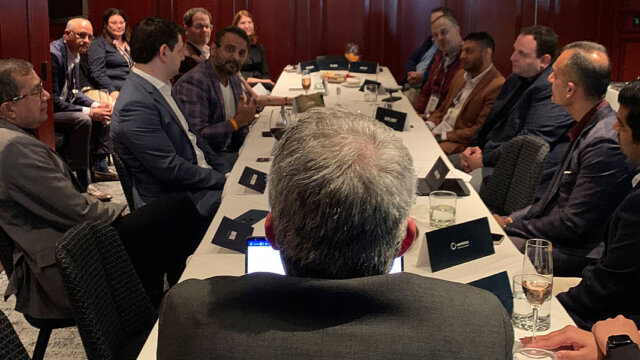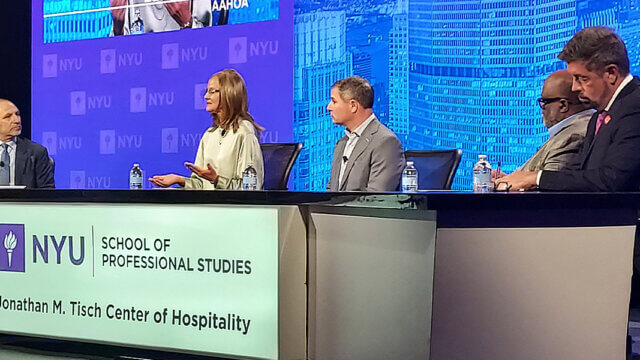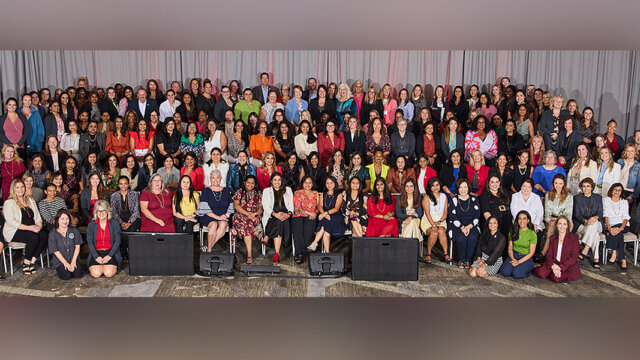Hundreds of Asian American Hotel Owners Association (AAHOA) members and leaders from across the U.S. were in Washington, DC, for the organization’s Spring National Advocacy Conference (SNAC) earlier this week to discuss critical issues impacting America’s hotel owners.
The conference provided the opportunity for hoteliers to meet with and cultivate relationships with more than 200 elected officials.
Members focused on obtaining greater access to capital and addressing the severe labor shortages plaguing the industry. AAHOA leaders helped expand lawmakers’ knowledge around the importance of hotels to their communities and the economy at large, according to the association. AAHOA reported that when members receive assistance, their local business communities see an uptick in employment rates, profitability, state and local tax contributions, and business sustainability.
“It was an honor to attend my final advocacy conference as chairman of AAHOA,” said Nishant (Neal) Patel, chairman, AAHOA. “We brought nearly 200 AAHOA leaders to Washington, DC, to advocate on behalf of our industry and on behalf of AAHOA’s 20,000 members. Creating relationships with our elected officials is a top priority for AAHOA, and we will continue to work on your behalf, strengthening relationships so we can continue to represent the entire hospitality industry with your best interests at heart.”
Political affiliations aside, those in attendance were representing the interests and issues that are important to America’s hoteliers and the broader travel and hospitality industry.
“AAHOA provides a platform to voice our concerns by continuing to strengthen its position and influence in the hospitality industry, as well as in key political circles at the federal, state and local levels,” said Laura Lee Blake, president/CEO, AAHOA. “We are making a true difference for the benefit of our members, and it is fantastic to see the impact we are having. I know policymakers will remember us the next time they make decisions affecting the hospitality industry.”
To ensure the sustainability of hotels and the broader American travel industry, AAHOA members urged Congress to support the following four issues:
- Promote access to capital by increasing SBA loan caps/limits
SBA 7(a) and 504 Loan Limits to $10 Million: Obtaining access to capital is a critical factor for small businesses to operate and thrive in a challenging economy. Currently, Small Business Administration (SBA) 7(a) and 504 loans are capped at $5 million, which was last set in 2010. For hoteliers, the costs of constructing and purchasing properties have skyrocketed over the past decade. - Permanently expand the Earned Income Tax Credit (EITC)
Business owners across the country face critical labor shortages. Earned Income Tax Credit (EITC) improvements affecting workers without children that expired at the end of 2021 should be made permanent. - Address the industry’s labor shortage by significantly increasing the number of H-2B visas and creating a new H-2C visa.
Address the Hospitality Labor Shortage with H-2B visas: The unemployment rate in the leisure and hospitality sector is 5.2%, which is 36% higher than the 3.6% overall unemployment rate for the country, according to the latest February 2023 data from the U.S. Bureau of Labor Statistics.
The Biden Administration announced its expansion of an additional 64,000 temporary nonagricultural worker H-2B visas for FY 2023. This is in addition to the 66,000 H-2B visas that are normally available each year. However, the total number of available visas does not come close to the estimated 1.5 million open jobs in the industry.
AAHOA seeks for Congress to: Eliminate caps on the H-2B visa program altogether so there are no constraints on addressing employers’ needs for additional seasonal workers. Also, if an already-approved worker is brought back, they should not be counted against the cap of a new visa.
Allow these visas to be valid for multiple years, so businesses do not have to undergo the onerous filing process every year. - Cosponsor the Essential Workers for Economic Advancement Act
The Essential Workers for Economic Advancement Act (EWEA) would help business owners address the critical labor shortage by filling a need currently unaddressed in the U.S. immigration system.
The EWEA creates an H-2C visa program for nonimmigrant, nonagricultural service workers. It is intended for small businesses in industries with lower educational thresholds and comparatively low sales per employee.
AAHOA rounded out the event with a HerOwnership panel with Sonali Desai, executive director of the House Democratic Caucus, along with Women Hotelier Directors Lina Patel and Tejal Patel. This panel was held in celebration of International Women’s Day, and focused on championing women in entrepreneurship in DC and giving women hoteliers the tools to take charge of their hospitality careers.



